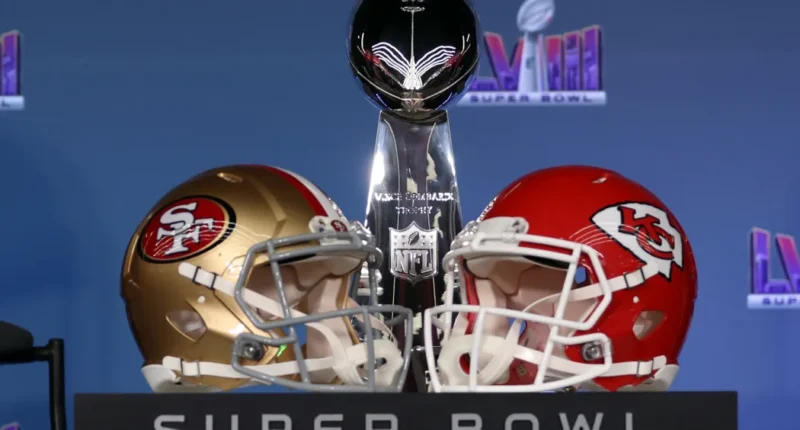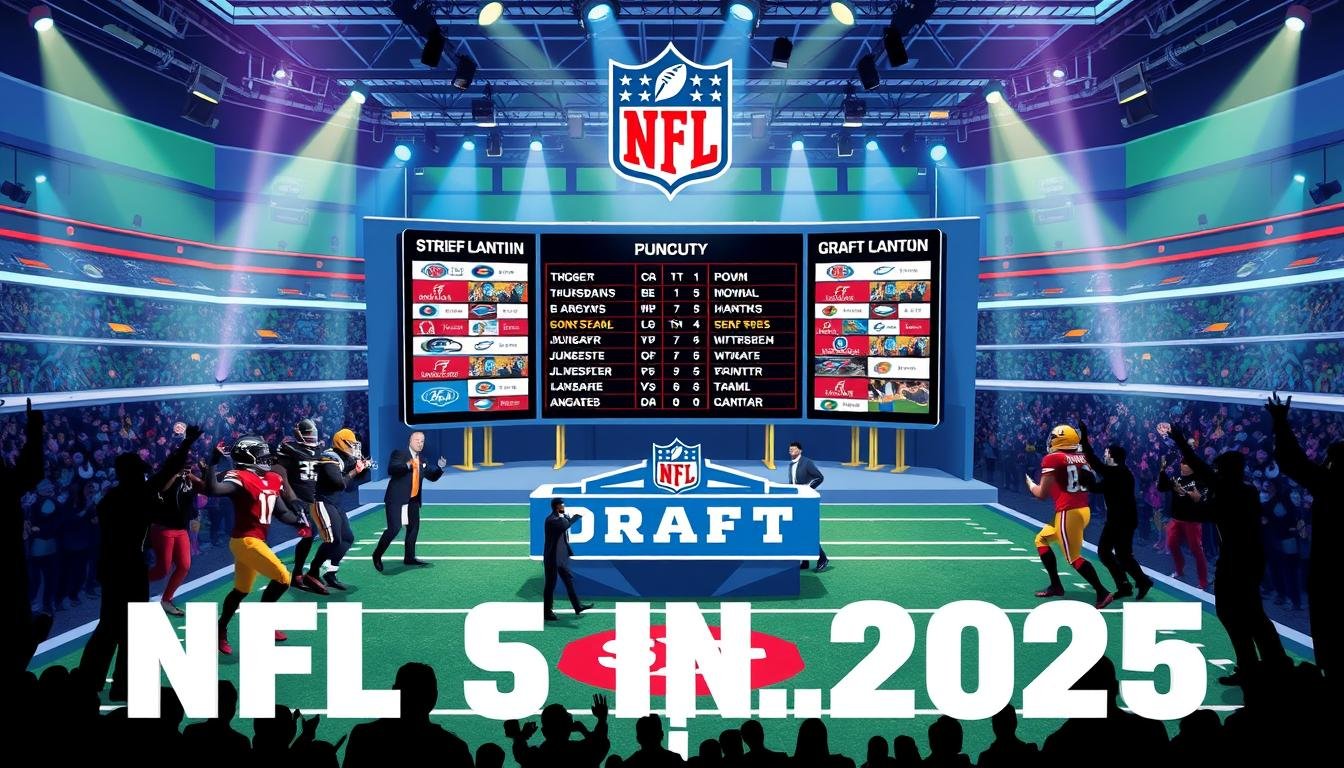Table of Contents Show
The Super Bowl is not just the biggest sporting event in the U.S.; it’s a cultural phenomenon. With millions of viewers, record-breaking ad revenues, and high-profile halftime performances, the event dominates headlines year after year. However, this season’s hot topics extend beyond the Super Bowl kickoff time.
As the NFL prepares for Super Bowl LVIII in Las Vegas, a growing debate has emerged over the use of taxpayer money to fund stadiums and event logistics. The question remains: Should public funds be used to finance private sports events? Let’s break it all down.
Super Bowl Kickoff Time – What You Need to Know
Super Bowl LVIII is scheduled for
- Date: Sunday, February 10, 2025
- Kickoff Time: 6:30 PM EST
- Location: Caesars Superdome in New Orleans
- Broadcast on: Fox
- Halftime Show Performer: Kendrick Lamar
Millions of fans will tune in to watch the biggest game of the year. But while excitement builds, concerns over the financing of Allegiant Stadium and other Super Bowl-related costs have drawn scrutiny.
Why Taxpayer Funds Are a Hot Topic
Many football fans are unaware that public money is often used to finance stadiums and major events. The debate revolves around whether taxpayers should bear the financial burden for an event that primarily benefits a private sports league.
Here’s why this debate matters:
- Public Funding vs. Private Profit: The NFL generates billions in revenue, yet cities often use public funds to build stadiums.
- Economic Impact: Supporters argue that hosting the Super Bowl brings tourism and job opportunities, but studies show mixed results.
- Financial Burden: Local governments often take on debt to finance stadiums, sometimes leaving taxpayers to cover shortfalls.
In Las Vegas, Nevada, the state contributed $750 million in public funds to help build Allegiant Stadium, one of the most expensive stadiums ever. Critics argue that this money could have been used for education, healthcare, or infrastructure.
Stadium Costs & Public Money – Breaking Down the Numbers
The cost of hosting the Super Bowl extends beyond just building a stadium. Take a look at how much public funding has gone into recent Super Bowl venues:
| Stadium | Total Cost | Public Funding | Super Bowl Hosted |
|---|---|---|---|
| Allegiant Stadium (Las Vegas) | $1.9 Billion | $750 Million | 2024 (LVIII) |
| SoFi Stadium (Los Angeles) | $5.5 Billion | $0 (Privately Funded) | 2022 (LVI) |
| Mercedes-Benz Stadium (Atlanta) | $1.6 Billion | $700 Million | 2019 (LIII) |
| U.S. Bank Stadium (Minnesota) | $1.1 Billion | $498 Million | 2018 (LII) |
While some stadiums, like SoFi in Los Angeles, were privately funded, others relied heavily on public dollars. This has led many to question whether taxpayers are getting a fair return on investment.
Reactions from Officials & Fans
What Officials Say
Nevada officials argue that public investment in the Super Bowl will boost tourism and local business revenues. According to Governor Joe Lombardo:
“Las Vegas thrives on tourism, and hosting the Super Bowl will generate millions in revenue for local businesses.”
However, critics like public policy analyst Michelle Cohen disagree:
“There’s little evidence that public stadium funding leads to long-term economic benefits. The NFL walks away with billions while taxpayers are left paying the bills.”
Fan Reactions
Fans are divided:
✔️ Supporters Say: The Super Bowl is great for the city, bringing in visitors and boosting local businesses.
❌ Critics Say: Taxpayer money should not be used for billion-dollar stadiums.
The debate remains fierce, but one thing is clear: this is not the last time public stadium funding will be questioned.
What It Means for Future Events
The controversy surrounding Super Bowl kickoff time and taxpayer funding raises key questions about future sports investments.
- Will cities continue using public funds for private stadiums?
- Could taxpayer-funded stadium deals become less common?
- Should the NFL contribute more to stadium costs instead of relying on cities?
With new stadiums planned in multiple cities, this debate is unlikely to disappear anytime soon.
YouTube Videos on the Super Bowl Debate
Here are some videos that provide deeper insights into the issue:
These videos break down the financial realities of major sports events and how they impact the public.
FAQs
The Super Bowl can generate over $500 million in economic activity, but not all of it directly benefits the host city.
The 6:30 PM ET kickoff ensures maximum TV viewership across U.S. time zones.
Nevada contributed $750 million in taxpayer funds toward the stadium’s $1.9 billion cost.
While some local businesses see a boost, long-term economic benefits for taxpayers are debated.
Cities like New Orleans, Miami, and Dallas are expected to host upcoming Super Bowls.
Conclusion
While fans eagerly await Super Bowl kickoff time, the debate over taxpayer-funded stadiums continues. The NFL profits immensely from these events, but local communities often carry financial risks.
Should taxpayers continue to bear the financial burden, or should leagues assume greater responsibility? This debate isn’t going away, and future Super Bowls will likely face the same scrutiny.
One thing’s for sure: football fans will enjoy the game, but the financial playbook behind it is just as important. 🏈💰








